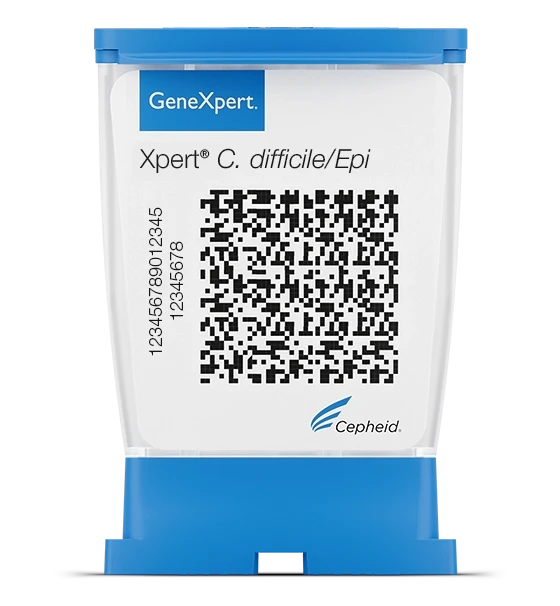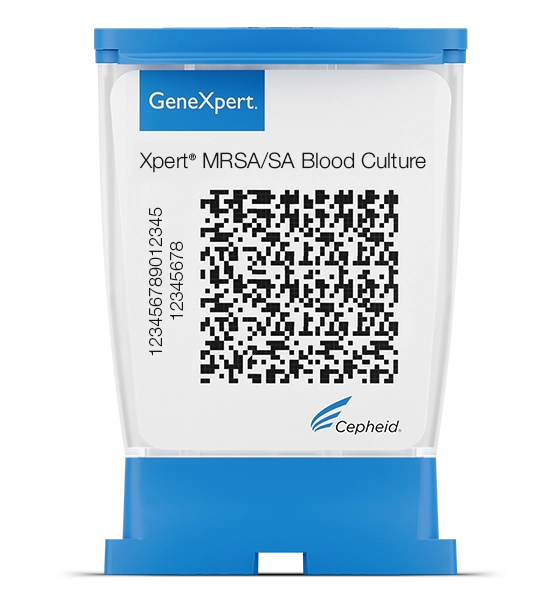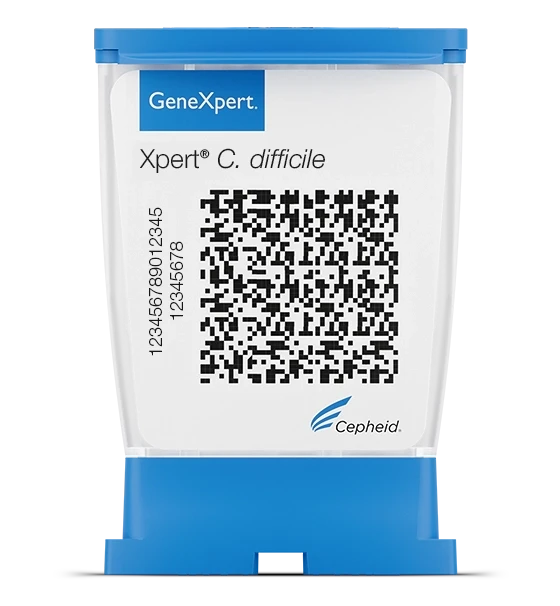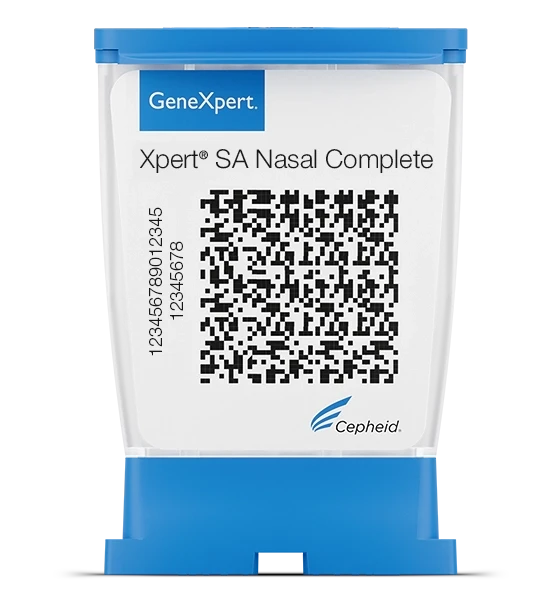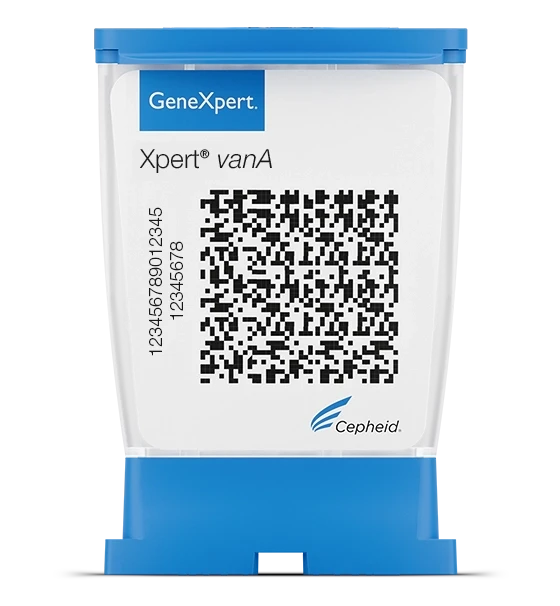
Xpert® Carba-R
Xpert®Carba-R is a qualitative, on-demand real-time PCR test for the detection and differentiation of KPC, NDM, VIM, OXA-48 and IMP in 48-minutes
Sign in or create a MyCepheid account to add items to cart
Test pack size(s)

10 Tests
GXCARBAR-10
Qty
Unit price
Subtotal
USD
Product is not available for purchase in your region.
Collection devices
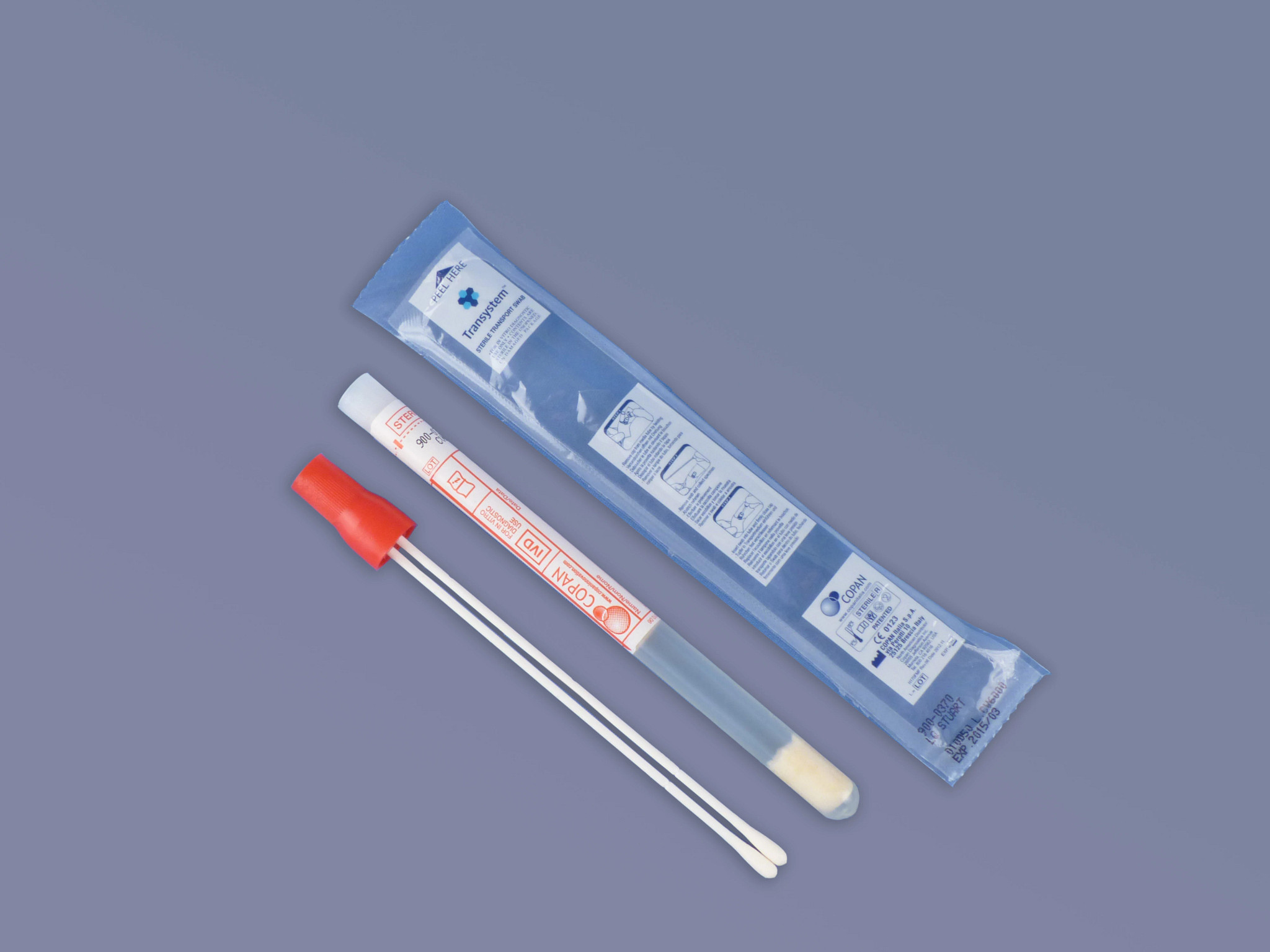
Collection Device (Pack of 50)
900-0370
Qty
Unit price
Subtotal
USD
Product is not available for purchase in your region.

Single Use Disposable Swab (Pack of 120)
SDPS-120
Qty
Unit price
Subtotal
USD
Product is not available for purchase in your region.
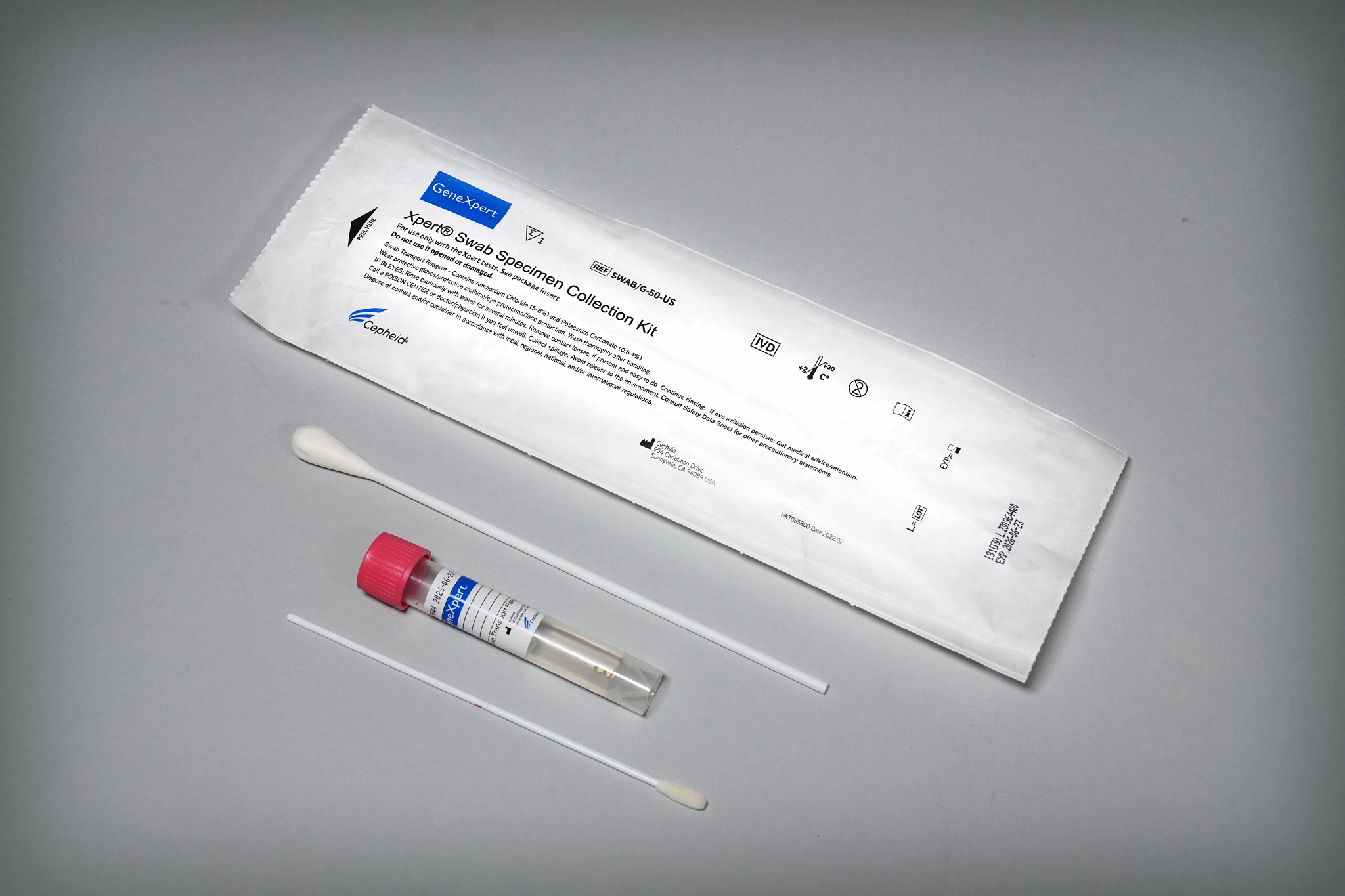
Swab Specimen Collection Kit (Pack of 50)
SWAB/G-50-US
Qty
Unit price
Subtotal
USD
Product is not available for purchase in your region.
Total
{{currency}}
0
Error adding items to cart. If this error persists, please contact Digital Support
The Need
- The emergence and global spread of carbapenemase producing Enterobacterales (CPE) is of great concern to health services worldwide1
- Carbapenem resistance results in increased mortality in hospitalized patients and is associated with higher total hospital costs2
- CPE are multi-drug resistant organisms that can cause serious infections and require interventions in healthcare settings to prevent spread3
- ECDC and CDC recommend comprehensive infection control measures for patients who are colonized or infected with carbapenemase-producing organisms3,4
1 Bonomo RA, Burd EM, Conly J, Limbago BM, Poirel L, Segre JA, Westblade LF. Carbapenemase-Producing Organisms: A Global Scourge. Clin Infect Dis. 2018 Apr 3;66(8):1290-1297. doi: 10.1093/cid/cix893. PMID: 29165604; PMCID: PMC5884739.
2 Judd WR, et al. Clinical and economic impact of meropenem resistance in Pseudomonas aeruginosa–infected patients. American Journal of Infection Control. June 2016. http://www.sciencedirect.com/science/article/pii/S0196655316303431
3 CDC Healthcare Facilities: Information about CRE https://www.cdc.gov/hai/organisms/cre/cre-facilities.html
4 ECDC RAPID RISK ASSESSMENT. Carbapenem-resistant Enterobacteriaceae–second update. 26 Sept. 2019. Accessed June 2020 https://www.ecdc.europa.eu/sites/portal/files/documents/carbapenem-resistant-enterobacteriaceae-risk-assessment-rev-2.pdf
2 Judd WR, et al. Clinical and economic impact of meropenem resistance in Pseudomonas aeruginosa–infected patients. American Journal of Infection Control. June 2016. http://www.sciencedirect.com/science/article/pii/S0196655316303431
3 CDC Healthcare Facilities: Information about CRE https://www.cdc.gov/hai/organisms/cre/cre-facilities.html
4 ECDC RAPID RISK ASSESSMENT. Carbapenem-resistant Enterobacteriaceae–second update. 26 Sept. 2019. Accessed June 2020 https://www.ecdc.europa.eu/sites/portal/files/documents/carbapenem-resistant-enterobacteriaceae-risk-assessment-rev-2.pdf
The Solution
- Detection and differentiation of patients with the Xpert Carba-R test can quickly alert clinicians and infection preventionists to the presence of gene sequences associated with carbapenem non-susceptibility
- Rapid detection and differentiation of the KPC, NDM, VIM, IMP, and OXA-48 gene sequences from pure colonies helps clinicians optimize patient management and direct therapeutic strategy
- Rectal and perirectal swabs assist with infection control measures
- On-demand identification of the most prevalent carbapenemase gene families enables healthcare systems to prevent onward transmission throughout the patient pathway and facilitates more efficient bed management for improved hospital flow5
.
The Impact
- Reduced turnaround time enables rapid infection control measure to reduce transmission6,7
- Significant reduction the number of bed-days lost due to CPE compared to culture5
- Significant decrease in CPE colonization and infection rates with fast PCR results8
5 Corless C. et al. Impact of different carbapenemase-producing Enterobacterales screening strategies in a hospital setting. IPIP. 2020 May;3(2):100011.
6 Jin S, Lee JY, Park JY, Jeon MJ. Xpert Carba-R assay for detection of carbapenemase-producing organisms in patients admitted to emergency rooms. Medicine (Baltimore). 2020 Dec 11;99(50):e23410.
7 Ambretti S et al. Total integration of cultural and molecular testing for CPE screening with liquid based microbiology (LBM). Poster presented at ECCMID. 2018 21-24 April. Madrid, Spain.
8 Zhou M, Kudinha T, Du B, Peng J, Ma X, Yang Y, Zhang G, Zhang J, Yang Q, Xu YC. Active Surveillance of Carbapenemase-Producing Organisms (CPO) Colonization With Xpert Carba-R Assay Plus Positive Patient Isolation Proves to Be Effective in CPO Containment. Front Cell Infect Microbiol. 2019 May 14;9:162. doi: 10.3389/fcimb.2019.00162. PMID: 31157176; PMCID: PMC6528581.
6 Jin S, Lee JY, Park JY, Jeon MJ. Xpert Carba-R assay for detection of carbapenemase-producing organisms in patients admitted to emergency rooms. Medicine (Baltimore). 2020 Dec 11;99(50):e23410.
7 Ambretti S et al. Total integration of cultural and molecular testing for CPE screening with liquid based microbiology (LBM). Poster presented at ECCMID. 2018 21-24 April. Madrid, Spain.
8 Zhou M, Kudinha T, Du B, Peng J, Ma X, Yang Y, Zhang G, Zhang J, Yang Q, Xu YC. Active Surveillance of Carbapenemase-Producing Organisms (CPO) Colonization With Xpert Carba-R Assay Plus Positive Patient Isolation Proves to Be Effective in CPO Containment. Front Cell Infect Microbiol. 2019 May 14;9:162. doi: 10.3389/fcimb.2019.00162. PMID: 31157176; PMCID: PMC6528581.






